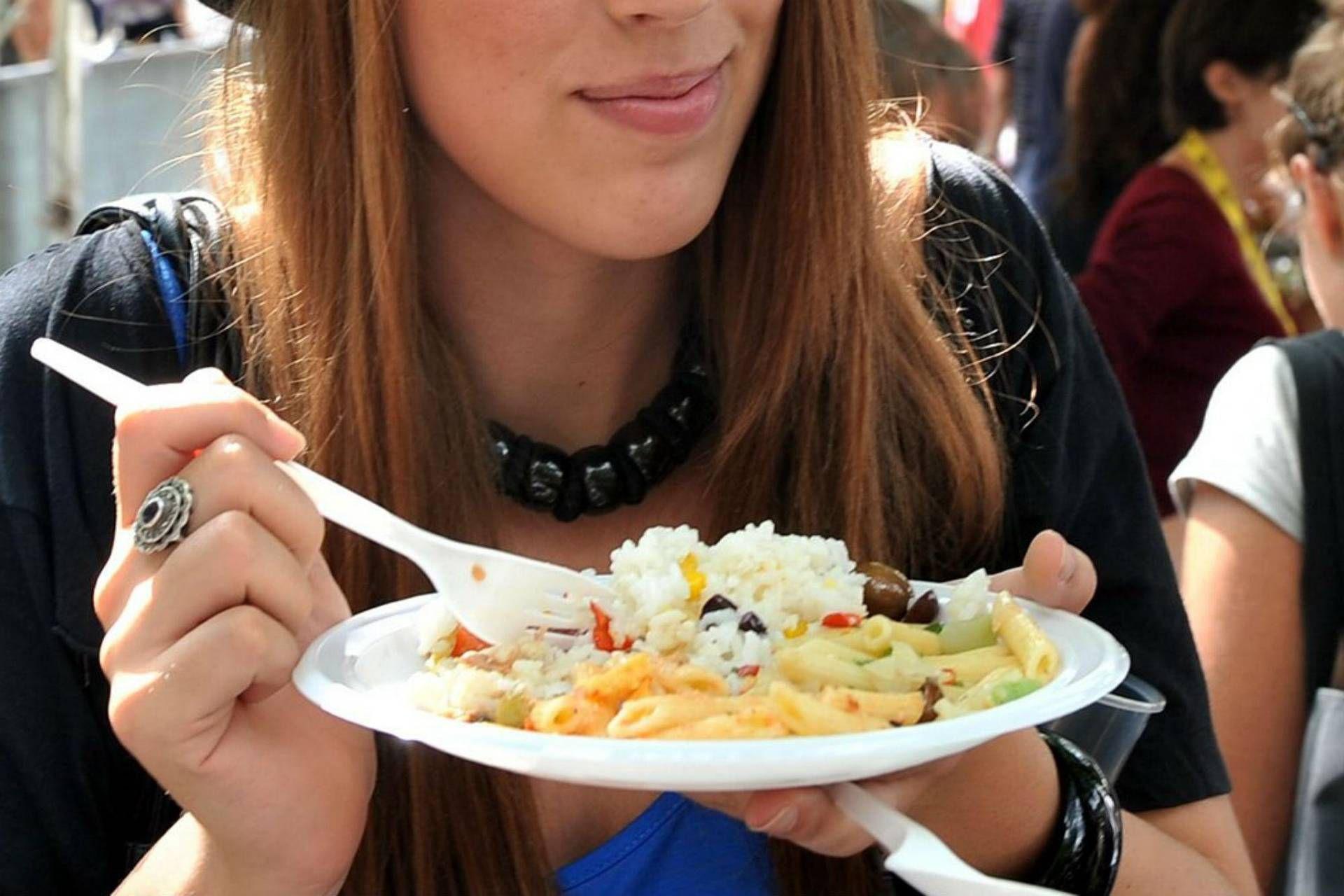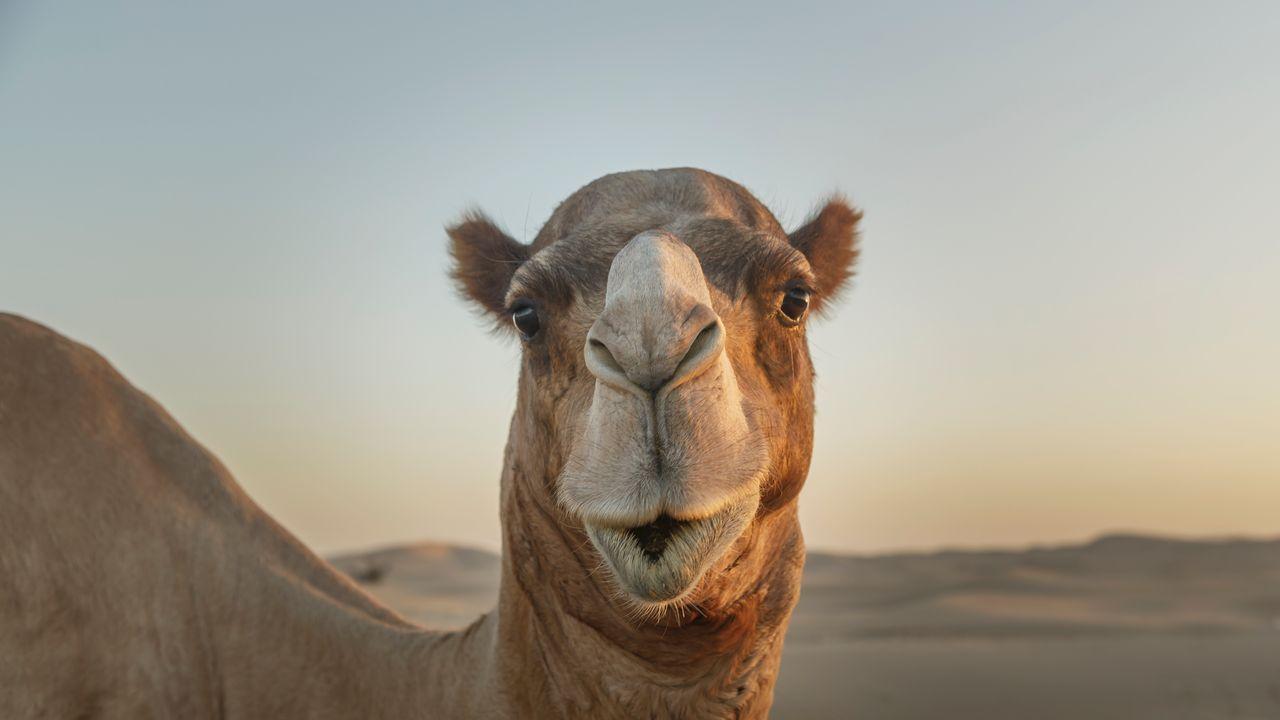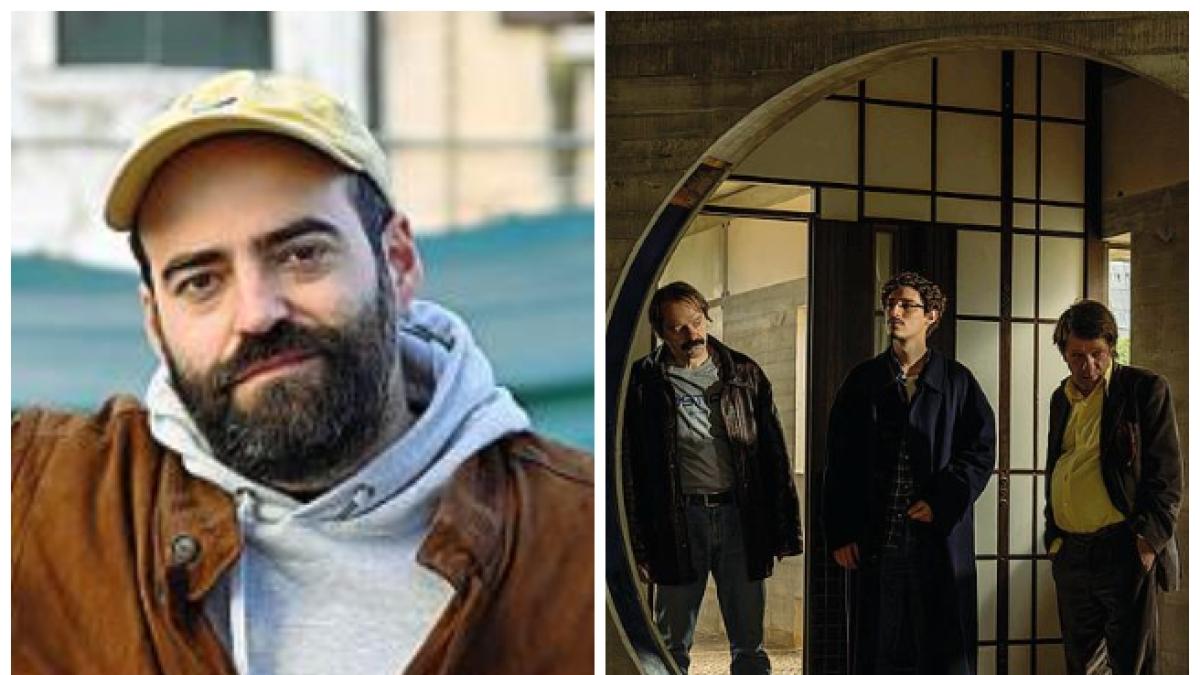The new Food and Wine Tourism Report 2025 reveals how and why Italian flavors captivate travelers around the world.Explore data and trends
The Belpase is often associated, as a travel destination, with 'food and wine' described by 55% of Germans and Swiss / Austrians and 54% of Americans;only the French choose to make an earlier date (50%)
Italy continues to deceive the world with the power of its taste.And the new edition of the Report on Italian Food and Wine Tourism, edited by Roberta Garibaldi, president of the Italian Food and Wine Tourism Association (AITE) and Professor at the University of Bergamo, with the support of Emilia Tour and Valdichina Living, puts international demand in the Center for the first time.And the results presented today at BTO-travel OnLife in Florence, of a report that since 2016 has rigorously monitored and continues to monitor the evolution of one of the strategic areas for national tourism, prove surprisingly attractive because of the 'taste' among international travelers who choose Italy as their holiday destination.
Through the comparative analysis of the six most important external markets for Italy - Germany, the United Kingdom, the United States, Austria, Switzerland and France - the 2025 report allows us to understand not only the interest in food and wine tourism, but also the expectations and experiences of foreign tourists in Italy."Understanding how they see us and how they live there is the first step to govern change, in a sector that continues to grow at a fast pace, establishing itself as one of the most dynamic segments of the global tourism economy", explains Roberta Garibaldi.
The report points out that in the last three years, between domestic and international trips, the share of tourists who traveled for food and wine varies from 60% in Great Britain to 74% in France, with an increase of between 15 and 28 percentage points since 2016. Italy, however, as a travel destination is mainly associated with "food and wine", cited by Germans and Swiss 55%/4% of Swiss;only among the French who choose Italy do historical monuments dominate (50%).When choosing a destination, the beauty of the countryside (over 80% in all markets, maximum 88% in France) and the presence of local restaurants (81% in France, 79% in the US) are important.Americans value themed experiences (69%) and gourmet restaurants (59%) more.
The top reasons for exploring food and wine are to try new experiences (52% in Great Britain and the United States) and enrich one's cultural background (34% in France), followed by pleasure (36% in the United States).The French stand out for seeing food and wine as an opportunity to indulge in luxury (36%), while the Germans and Swiss/Austrians immerse themselves in rural landscapes.The most attractive regions for international tourists are Tuscany (69% Us/Fr; 66% At+Ch), Sicily (66% Fr; 62% Us), Sardinia (63% Fr) and Puglia (63% Fr). Among wine tourism destinations, Chianti (up to 41% VS) and Etna (up to 41% VS) and Etna (up to 40% Fr) dominate, followed byMontepulciano40% At+Ch), Montalcino (27% VS) and Bolgheri (25% At+Ch). Good preferences also for Cinque Terre (26% At+Ch) and the Food Valley of Emilia-Romagna (24% Us).
The report then deals with the sources of inspiration, which have a large traditional role - advice from friends and relatives reaches USApps, and the Germans and the British and the British and the British show a great virtue in deciding there. The use of artificial intelligence is increasing.Among the garenonomic experiences are local restaurants (68% French, 71% in + ch ch) but also visit wireries (34% in France) and breweries (25% fr, 26% USA).Access to money to spend: Most typical meals are concentrated between 21 euros and 60 euros in each country), until is 35% in the sampling area (up to the factory museums less than half of the respondents.
Finally, the intention to visit Italy by foreign tourists has a very high share in the next three years: "potential", it can be believed +.In France "very likely" $ 50%, in France it reaches 34%.In general, it is important to introduce food and wine experience: from 8-10% to 62% to 62% to 62% to 68-40% (up to 62%) and in Germany to 36% to 36%.In addition to the world of wine, in addition to the world of wine, in breaking rumors, such as food, for example, in the rumors of food (more than 50%) and describes beer tourism.
The research clearly shows how culinary and wine tourism is entering a new phase.Today's travelers aren't just looking for the 'iconic dish', but a deeper connection to the territories, the people and the stories that live within them.We are witnessing a return to the essential, built from simple experiences rooted in the landscape, where value lies in gestures of hospitality and in the daily life of agricultural production.At the same time, interest in forms of gastronomic intimacy, such as special tables, directly increases meetings with chefs and producers and personally organized tastings for small groups.
Furthermore, true communities of taste are developing, from wine clubs to shared vegetable gardens, up to shared kitchens: places where food once again becomes an opportunity for relationships and belonging.Finally, the current trend of well-being and longevity is strengthening, leading travelers to choose places where quality of life, environment and nutrition are considered an integral part of the experience.This point of view is the evolving food and wine experience: It is no longer about tasting territory alone, but rather entering into a relationship with it.To accompany this change, Italian destinations are encouraged to strengthen four key incentives: territorial management, moving from only promotion to shared care of the territory and its society;tourism;digitization and artificial intelligence are essential tools to improve visibility, personalization and presence management;professionalisation of skills especially in agriculture, skilled workers and small businesses that represent the backbone of the sector.
The competition is no longer in the number of visitors, but in the quality of the gas, it is the ability to put a common value that helps to create tourism.On the contrary, land managers are criticized for maintaining their economic and social importance in other destinations in other villages and interior areas.It can be represented in a systematic way: it brings economic value, and it connects agriculture, craft communication and culture.
A critical issue is communication aimed at the new generation.Culinary and wine tourism must change its language: we no longer need traditional brochures and stories, we need an authentic, visual and viral digital presence.However, only very few Italian agribusinesses are present on platforms such as TikTok or YouTube, even though these platforms create the perception of Made in Italy among young people around the world.
One of the most innovative sections of the report is dedicated to the impact of artificial intelligence.Already today, 21% of American tourists and 18% of French tourists plan their trip with the platforms that integrate them, which will become more important not only in terms of planning the experience, but also as a way of replacing/combining current online searches.This revolution determines the need for companies to have what it takes to be chosen by artificial intelligence.The data of a company is not updated or cannot be read by artificial intelligence systems, this reality only risks not existing digitally.Therefore, the report proposes an operational box - "inside or outside the digital map" - with concrete indications for companies, DMOs and consortia: standardization of data, presence in global experiential portals (GetYourGuide, Viator, Airbnb Experiences, Musement), use of structured formats And build shared information networks."Artificial intelligence - notes Garibaldi - is not just a support: it is the new infrastructure of tourism", and those who know how to dialogue with it, bringing authenticity and quality, will be the heroes of the next phase.
Another key is that there are problems with the war.In any case, many farmers and the best in their activity, do not have special signs or experience that can be opened in the market experience.Therefore, the report is the confirmation of the white wine of the independent wine as tourists like the owner of Enosacnomic.The future is passing through a network of emerging terrivine: exchange opportunities available to researchers, Consortia and Donations to make it the best in the world.
New trends, in which food and wine tourism, set the scenario of the strategic support of the special, integrated development of small, integrated and responsible development, which can improve these areas not only as places of consumption, but also as cultural, socio-economic ecosystems.The real limit, as complementary components of the same ecosystem, as natural, social and artificial components, is the integration of these three forms of intelligence.Informative dialogues with nature and communities play a central role.
"The future of food and wine tourism is not measured, but it comes from the greatest value of people, communities and culture: the principles of deep meaning between the Italian cuisine, the identity and sustainable models of the communities that unite business, culture and territory, restoring the future of money, dignity, can be the laboratory of Italy.
Keeps the president going, the president is there and emphasizes how to recognize the legacy.To the staff and staff of the delicious wine, PDILELINE STARGED and PGI shows that PGI comes from PGI.Created burning, ancient cities and lands conquered the world.The experience makes it a safe place for the land, a place where different things in the balcony and traditional methods meet in a natural way.The data in the report shows that we are with visitors to the host country in Senase: Real experiences, related to the stories of places and people.The challenge is to continue to provide smart travelers with a great experience of our destination."








